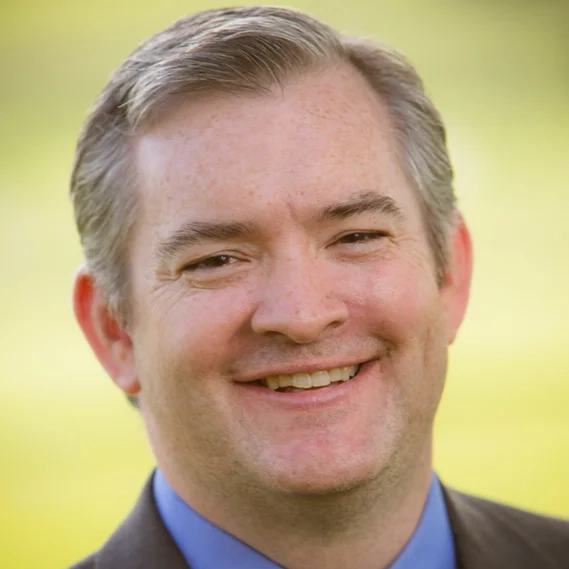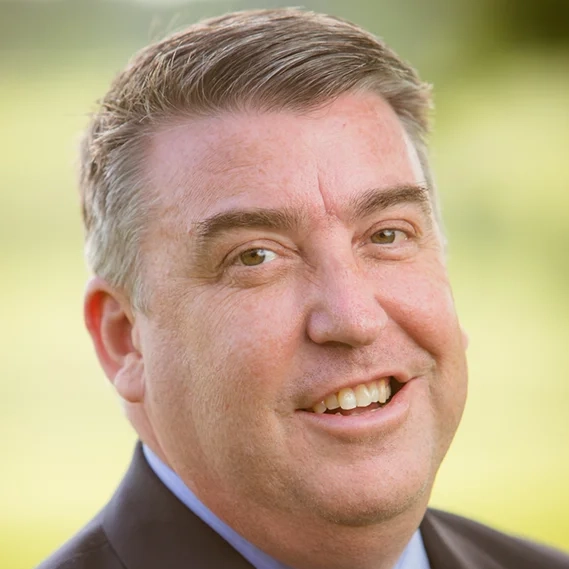
Cataracts are a common eye condition that can make your vision cloudy or blurry. It happens when the lens in your eye, which is normally transparent, becomes more cloudy. This can make it challenging to see things clearly, especially when there's bright light or at night. Cataracts are very common and can affect your quality of life, but cataract surgery can restore your vision and allow you to experience the world with clarity and sharpness once again.
Only an eye doctor can diagnose whether you have a cataract or another type of vision problem. If you have any of the symptoms below, you should have your eyes checked by a specialist.
Common signs of a cataract include the following:







Standard cataract surgery using monofocal lenses — which restore clear vision at one distance — is typically covered by insurance or Medicare. However, premium lenses, designed to correct vision at multiple distances and reduce dependence on glasses, often involve out-of-pocket costs.
Financing options are available to help make these advanced lens packages more affordable, including 0% interest payment plans for 6, 12, 18, or 24 months*.
A consultation can help you understand what’s covered and which options best suit your needs.
Paying for cataract surgery and vision-enhancing lenses doesn't have to be a burden. Many providers accept the CareCredit credit card — North America’s leading healthcare financing program.
CareCredit allows you to start your procedure right away and pay over time with monthly payments that fit your budget.
If you’re considering cataract surgery, financing can help you see clearly, sooner.


Dr. Jerome Jordan is one of the founders of Northeastern Eye Institute. Dr. Jordan Specializes In Cataract Surgery, Performing Small Incision, No-Stitch, No-Needle Cataract Techniques. He Has Performed Over 35,000 Cataract Operations.

Dr. Arthur Jordan Jr. is a third generation eye doctor. He is a board certified comprehensive ophthalmologist with special interests that include cataract surgery, glaucoma, and neuro-ophthalmology. He was a clinical assistant professor for the internal medicine department. He also completed a three-year ophthalmology residency at Philadelphia College of Osteopathic Medicine and served as chief resident from 1998 to 1999.

Dr. Christopher Jordan specializes in cornea and refractive surgery as well as general ophthalmology, including the treatment of cataracts and glaucoma. A graduate of the University of Scranton, Dr. Jordan received his medical degree from Jefferson Medical College, Philadelphia, PA.

Dr. Thomas Boland Joined Northeastern Eye Institute after service in the U.S. Air Force. Dr. Boland is the third generation of his family to practice ophthalmology in Northeastern Pennsylvania and he specializes in treating diseases of the cornea, LASIK and refractive surgery, and cataract surgery.

Dr. Jordan is a comprehensive Ophthalmologist with special interests including cataract surgery and glaucoma. He earned his medical degree from Philadelphia College of Osteopathic Medicine in 1998. He served his Internship at Scranton Temple Residency Program. He completed a three-year Ophthalmology residency at Philadelphia College of Osteopathic Medicine in May 2002.
During cataract surgery, your cataract surgeon will remove your natural lens and replace it with an artificial lens, known as an intraocular lens or IOL, to allow you to see clearly once again. At Northeastern Eye Institute, we offer a wide range of IOL options.
Traditional IOLs are monofocal, which means they are only able to focus clearly at one distance. If you choose this IOL option, you will most likely still require glasses for near-vision tasks.
We also offer premium IOL options which can help you see clearly at multiple distances. The IOL you choose will play a significant role in the vision you achieve following cataract surgery. Some of the premium IOL options we offer include:
This IOL provides sharp, clear vision at multiple distances. The same muscles that are used to control the shape of your eye’s natural lens will be used to help your new IOL focus clearly.
ReSTOR also provides clear vision at all distances. However, it works differently than the Crystalens IOL. A series of concentric steps are built into the lens, each of which reacts differently to light. This allows the lens to focus at a variety of distances.
The Tecnis IOL provides clear vision at a variety of distances and significantly improves night vision. You can experience up to a 53% improvement in contrast sensitivity in low light conditions with the Tecnis IOL.
The Light Adjustable Lense is the only intraocular lens (IOL) that can be customized after cataract surgery. This lens is made of a special photosensitive material that can be adjusted in response to ultraviolet (UV) light. This optimization is done by your eye doctor in the weeks following lens implantation through a series of non-invasive light treatments that take only a few minutes each. You will have the unique ability to adjust and preview your vision until it meets your personal desires and lifestyle requirements. The Light Adjustable Lens delivers superior vision outcomes that non-adjustable IOLs cannot match.
These IOLs are an excellent option if you need to correct for astigmatism.

Northeastern Eye Institute (NEI) is the largest and most comprehensive eye care center in Northeastern Pennsylvania. Beginning in 1994, the third generation of doctors hailing from members of the founding medical directors came on board at NEI. Thanks to a tradition of service and excellence, while remaining on the cutting edge of eye care technology, NEI has grown consistently over the years and emerged as the leading provider of comprehensive eye care services in Northeastern Pennsylvania.
